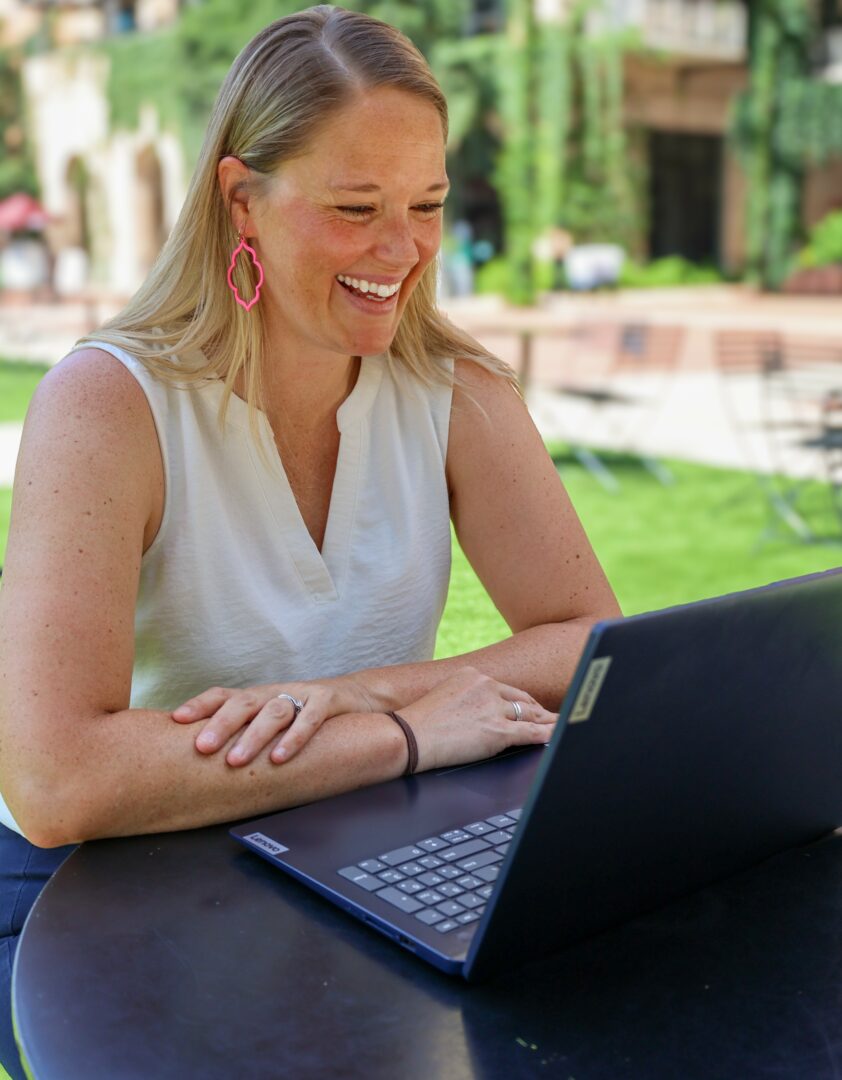Alright – so today we’ve got the honor of introducing you to Brandi Scott. We think you’ll enjoy our conversation, we’ve shared it below.
Hi Brandi, thank you so much for opening up with us about some important, but sometimes personal topics. One that really matters to us is overcoming Imposter Syndrome because we’ve seen how so many people are held back in life because of this and so we’d really appreciate hearing about how you overcame Imposter Syndrome.
Its about learning to understand the feeling and how to DO even when the imposter feeling surfaces. As a first-generation high school graduate who came from poverty, I remember feeling intense imposter syndrome when starting my first semester of undergrad. I felt like everyone knew I didn’t know what I was doing and that I didn’t belong there. Today, a bachelors, master’s, and a PhD later, I still have the feeling when I am doing something that pushes me out of my comfort zone. For me, it’s not about how not to have the feeling but instead understand when it’s happening and pushing forward with the feeling. I can’t always stop the self-doubt but I can notice it and reframe the thoughts, remind myself that I am ready. I am enough and I can do this (whatever that “this” is) even when I feel insecure or doubt.
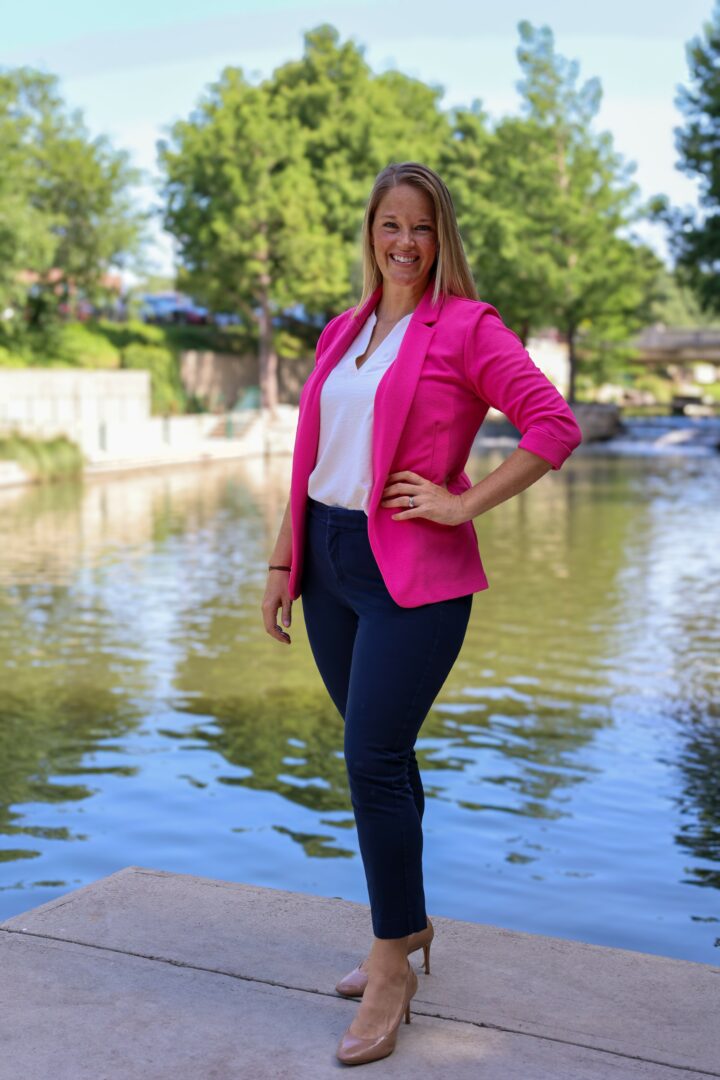
Thanks, so before we move on maybe you can share a bit more about yourself?
I’m a first-generation high school graduate, a queer white woman, and someone who’s always been passionate about learning and growth. My own journey has deeply shaped how I show up in the world and it’s part of why I care so much about leadership, equity, and self-awareness. I’ve learned that when we take time to really understand who we are, we build the confidence and clarity we need to lead well, understand those around us, and push for meaningful change.
For over 15 years, I’ve worked as a scholar-practitioner helping individuals and organizations grow. My focus is on leadership development, navigating organizational dynamics, and addressing systemic inequities. I believe strong leadership starts with honest reflection, so I center my work with individuals and clients by first looking inward and then expand to how that informs the way we lead and connect with others.
Over the years, I’ve facilitated workshops and trainings on everything from leadership and inclusion to supervision, conflict resolution, and salary negotiation. Some of the topics I often support folks with include:
Career transitions
Leadership development
Organizational management
Supervision and decision-making
Women’s and LGBTQ+ leadership
Navigating bias and building inclusive teams
Navigating through life transitions
I hold a PhD in Higher Education Leadership, a Master’s in Student Affairs, and a Bachelor’s in Government. I’m also trained as a SEED (Seeking Educational Equity and Diversity) facilitator and IDI (Intercultural Development Inventory) facilitator, and I’ve led white anti-racism caucus groups. I’ve presented at national conferences like NASPA and NCORE and have published research on organizational dynamics and equity in education.
Today, I work as a coach and consultant, partnering with individuals navigating career shifts, workplace challenges, or leadership roles, and with organizations aiming to build inclusive, collaborative spaces where people and teams can truly thrive.
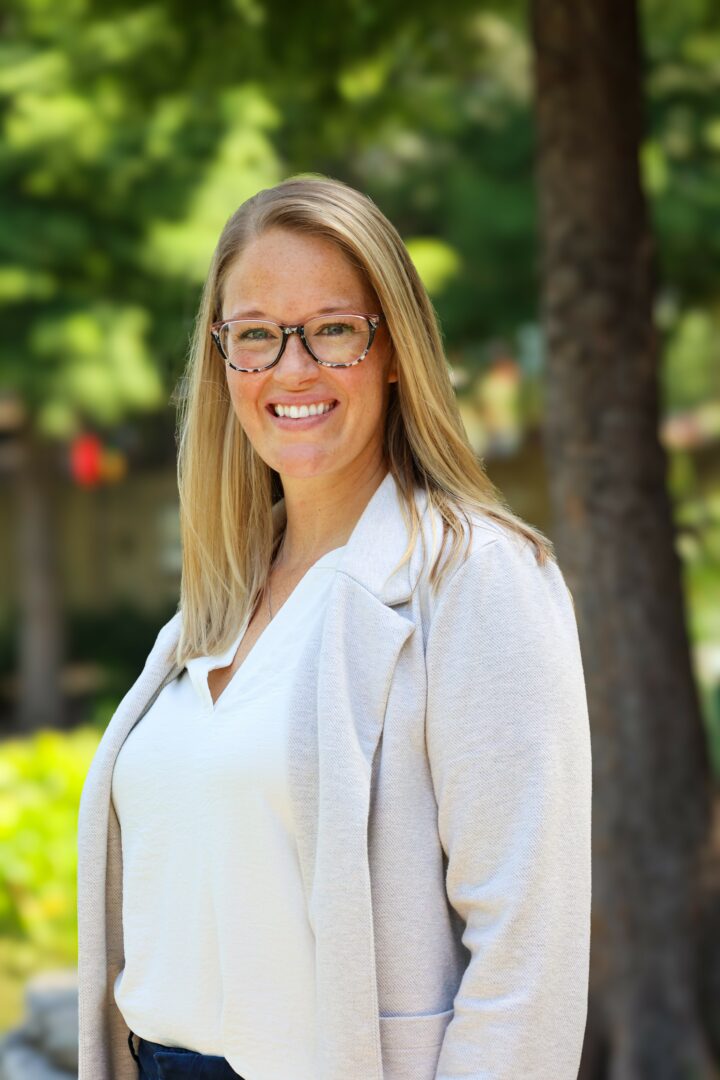
There is so much advice out there about all the different skills and qualities folks need to develop in order to succeed in today’s highly competitive environment and often it can feel overwhelming. So, if we had to break it down to just the three that matter most, which three skills or qualities would you focus on?
My wife shared something from a book she read several years ago that reframed the question “Is this good enough?” or “Am I good enough” to instead, “this is good. enough.” Instead of questioning ourselves, make a shift to statements that end in a period “I am good.” and “I am enough.” This lesson is particularly relevant for confronting imposter syndrome. A practice for reframing the negative thoughts.
Another lesson has been my journey in understanding myself and those around me. I think it was easy for a long time, especially in equity and inclusion spaces, to point at those who didn’t get it and blame them for the inequities in the world instead of looking inward and seeing where I needed to grow and learn. I would encourage everyone to notice how often we are placing judgement on others and instead to turn the mirror and see what you need to learn or grow in, instead.
Finally, when thinking about imposter syndrome or self-doubt, I find it really helpful to humanize yourself by humanizing the people around you. Everyone (most people) are trying their best. We each have flaws, we each have strengths. When you try to compare yourself to people around you, see their complexity and see your own. When you make a mistake, see it as just a part of growth and learning. Not a negative, just a lesson. Same when someone around you, family, a friend, or co-worker, makes a mistake that affects you. See their humanity first, we all have growth. This mindset will help you have compassion for yourself and those around you.
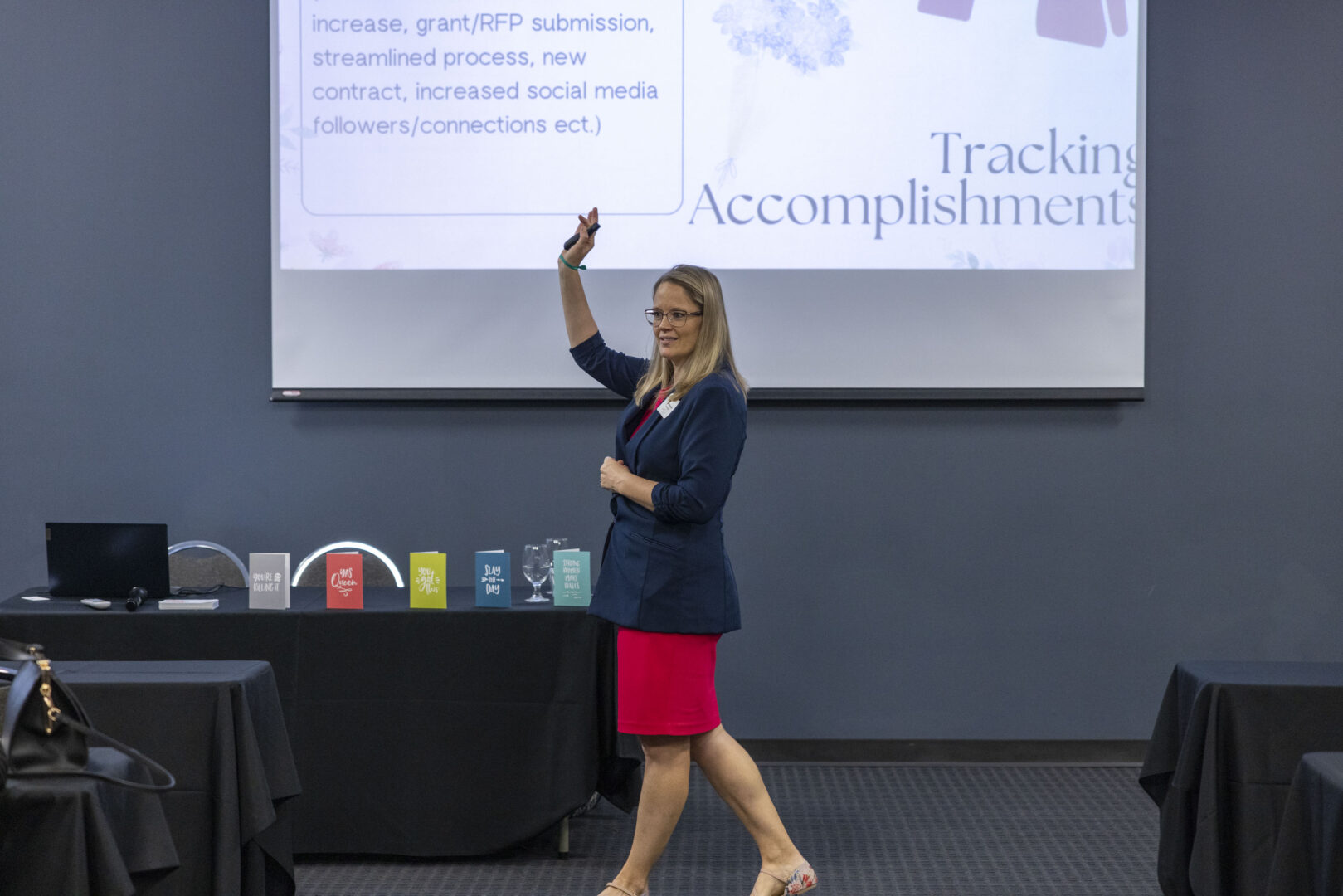
Looking back over the past 12 months or so, what do you think has been your biggest area of improvement or growth?
As a business owner, I feel confident in leading trainings and supporting leaders with feeling confident and carrying out their goals. The biggest learning curve, and where imposter syndrome can really show up, is creating content for social media to market my business. I’ve not only had to learn the technical skills of content creation (video editing, caption writing, using #’s ect.) but also managing the emotions of vulnerability, putting yourself out there in such a public way. Like I shared earlier, the imposter syndrome feelings still emerge with most posts, but I post anyway!
Contact Info:
- Website: https://www.brandiscottphd.com/
- Instagram: @brandiscottphd
- Facebook: https://www.facebook.com/profile.php?id=61556261462138
- Linkedin: https://www.linkedin.com/in/dr-brandi-scott-53622a2a6/
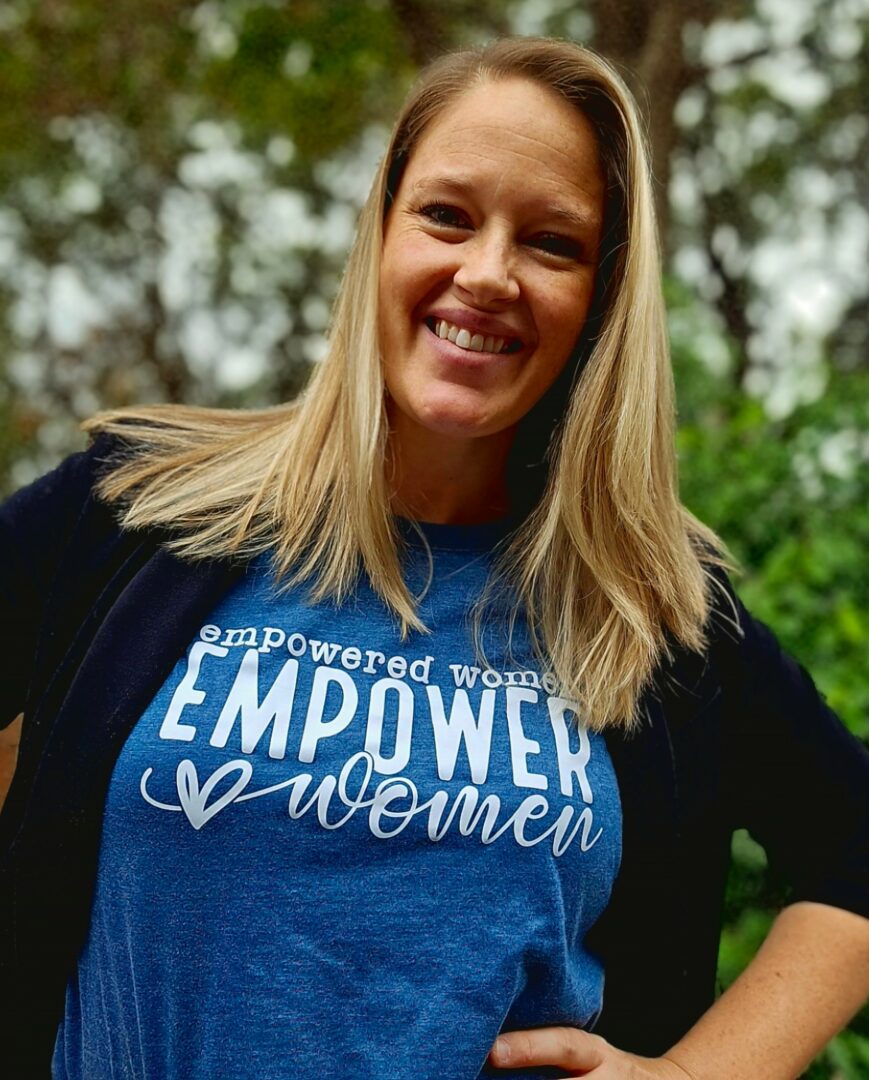
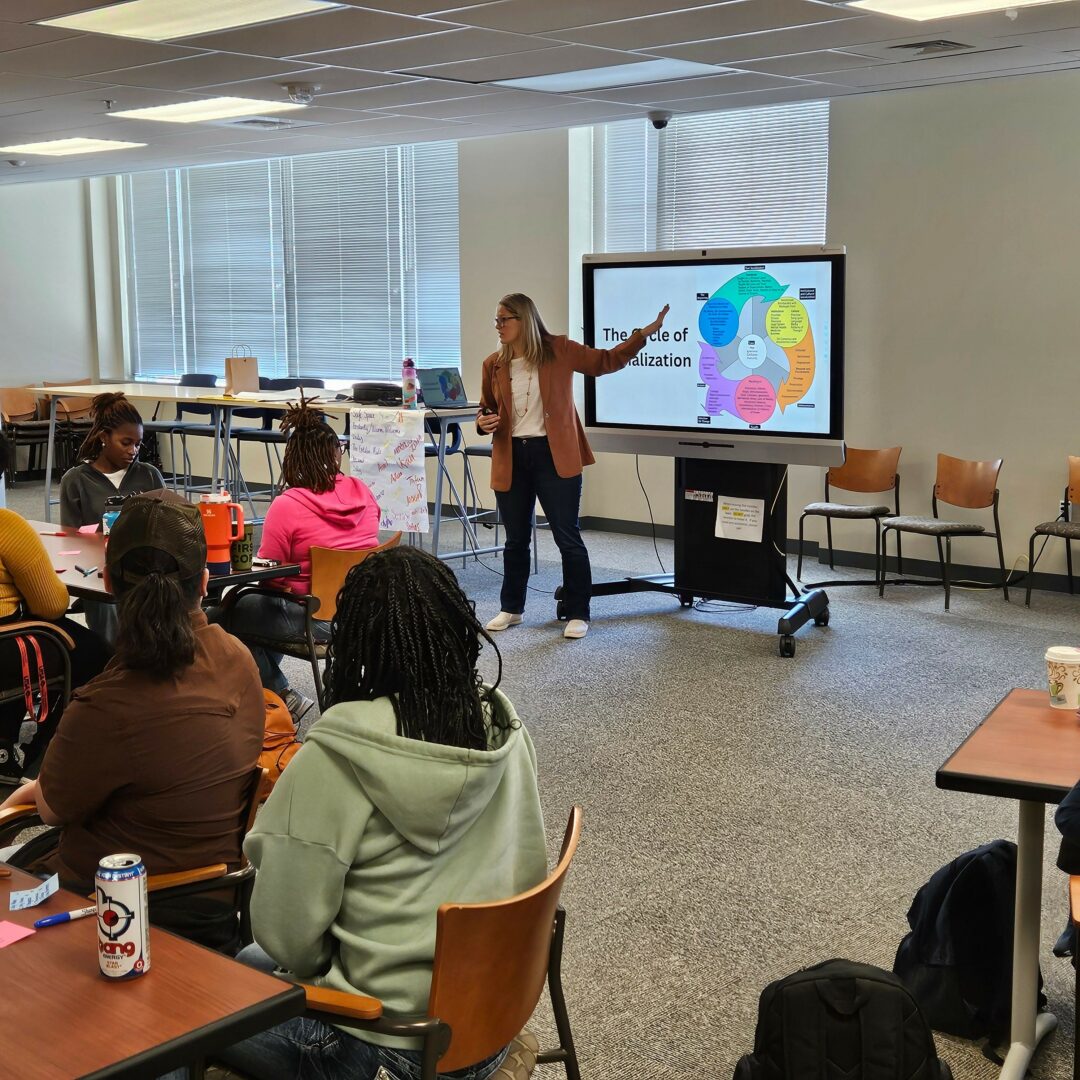
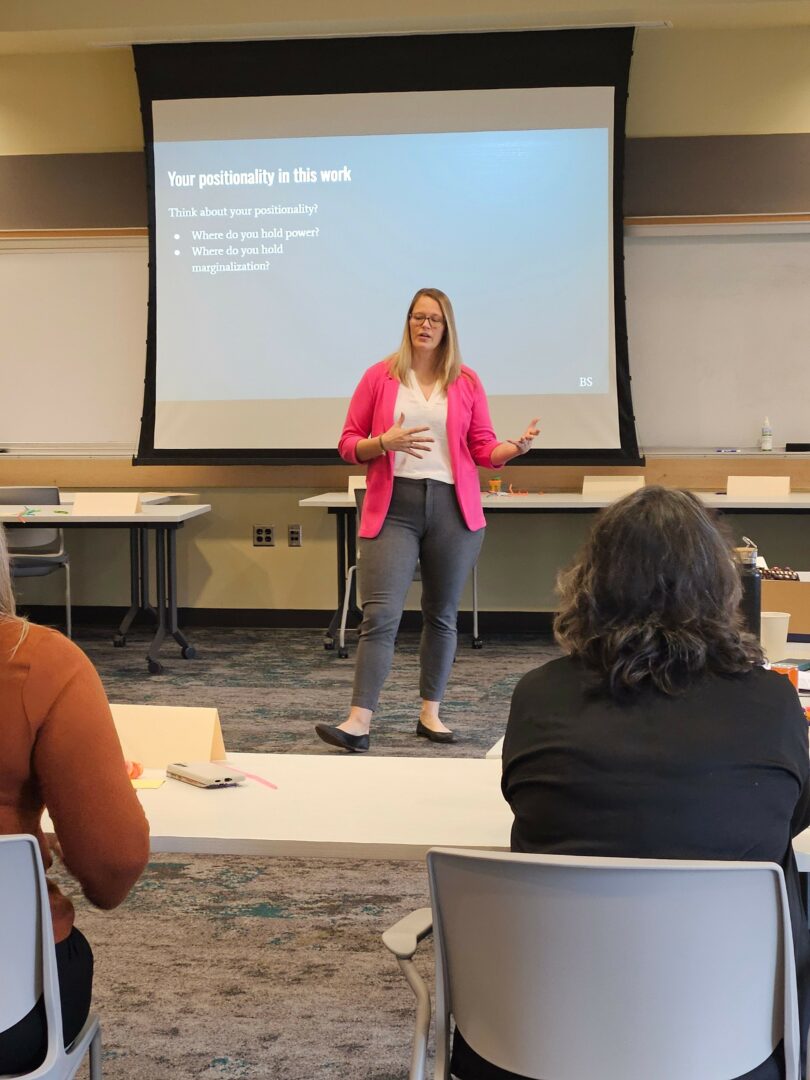
Image Credits
some of the professional photos were captured by Obscura Photography
so if you or someone you know deserves recognition please let us know here.

